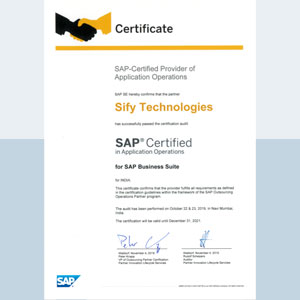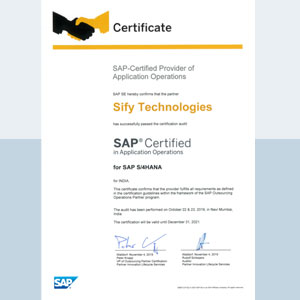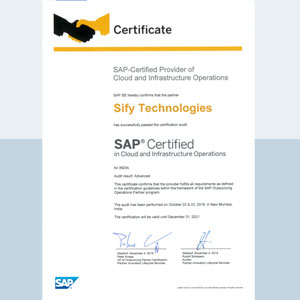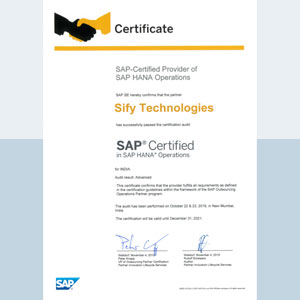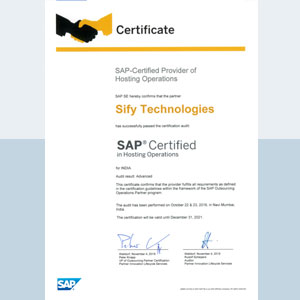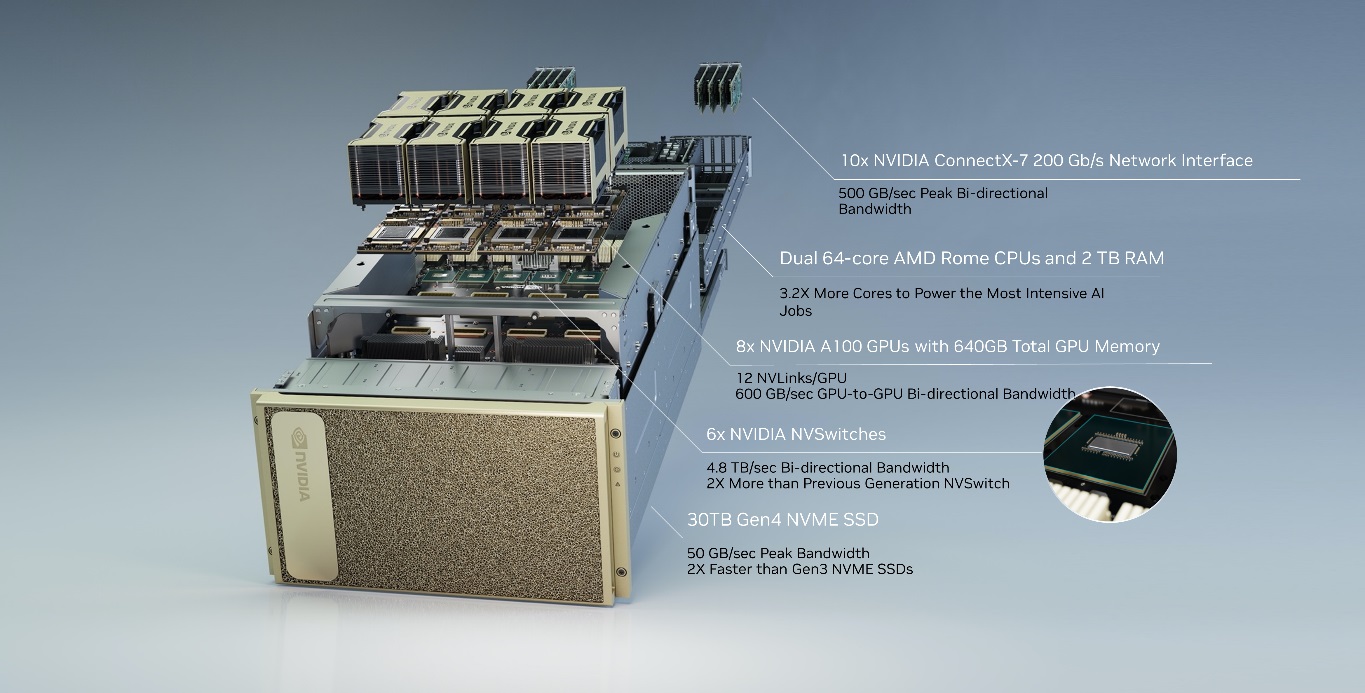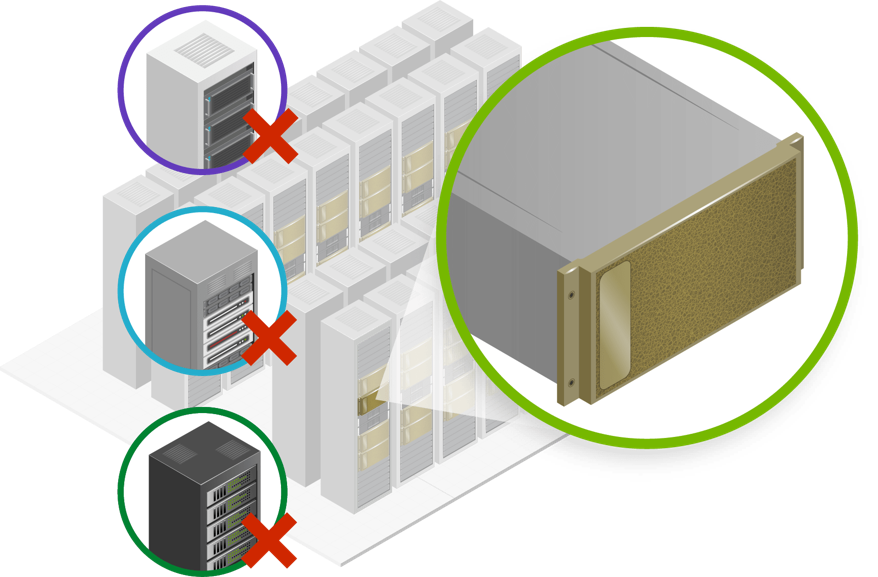Redundancy: A Shield Against Disruptions
Fintech operations are the lifeblood of financial transactions, and any disruption can have far-reaching consequences. Mesh networking offers a robust solution to this challenge by creating a web of interconnected nodes. In the event of a network failure or disturbance, data can seamlessly reroute through alternative pathways, ensuring uninterrupted service. This redundancy feature is like having multiple safety nets in place, fortifying the fintech ecosystem against potential downtimes or data breaches.Speed: Accelerating Financial Transactions
In fintech, split-second decisions and rapid transactions are the norm, so speed is non-negotiable. Mesh networking optimises network speed by enabling data to take the most efficient route between nodes. This not only enhances the overall performance of financial systems but also ensures that transactions are executed with unprecedented efficiency. As fintech companies grapple with the demand for quicker processing times and real-time analytics, mesh networking emerges as a strategic option, driving them to accelerated operations.Related Read: Transform your IT Infrastructure with Sify’s Cloud Advisory Services to fast-track your digital plans
Data Security: Safeguarding the Financial Realm
Given the regulatory changes within fintech, securing data has never been more critical and mesh networking can potentially help as a proactive measure. By decentralising the network architecture, mesh networks reduce the vulnerability of a single point of failure, making it inherently more secure. In an industry where trust is vital for success, mesh networking provides an extra layer of protection against cyber threats, ensuring that financial data remains confidential and transactions are shielded from potential breaches. Incorporating mesh networking designs should always be considered as best practice in building any resilient and robust service environment. This will always help mitigate the risk of data loss or corruption whilst in transit.Adapting to Dynamic Environments
Fintech landscapes are constantly evolving, and the adaptability of mesh networking aligns seamlessly with the sector’s need for flexibility. Whether scaling operations, integrating new technologies, or navigating the intricacies of a distributed workforce, mesh networking accommodates these changes with ease. Its modular and scalable design empowers fintech companies to evolve without compromising on the reliability and speed of their network infrastructure.Discover flexible IT expertise with Sify’s Managed Services
Conclusion
The growing interest in mesh networking within the fintech sector is a testament to its ability to address the industry’s pressing needs for complete redundancy and optimised speed in network infrastructure. As fintech companies strive for innovation, efficiency, and resilience, mesh networking emerges as a strategic enabler, driving them toward a future where connectivity is seamless, operations are swift, and data security is paramount.The Key Challenges We Solve
Sify is an IT and Digital Services company that specialises in IT infrastructure and consultancy to deploy, manage and optimise complex hybrid environments including Google Cloud and AWS. With a heritage in IT infrastructure, Sify has grown over two decades to provide a one-stop engagement across networks, data centre, cloud, digital and IT services. Sify enables you to build an IT infrastructure that underpins business profitability, by delivering flexible expertise to deliver the right combination of flexibility, security and affordability. Here are the key challenges our Managed Services can help your organisation solve:
Optimisation Future-proof your business by optimising your use of cloud technology

Resources Increase responsiveness with access to the right scale and calibre of specialist IT skills as and when you need them

Cost Savings Make your IT budget go further by lowering your costs and becoming more efficient

Reduce Risk Control your risks by ensuring the security and resilience of your IT infrastructure






















